Bill Gates wants us all to be more upbeat about climate change. He argues that we’ve made great progress on the problem, aided in large part by technological advances. So it’s time to focus more on improving people’s lives, particularly by fighting hunger and disease, he writes in a memo published Tuesday. Of course, he says AI can help.
It’s supposed to be a hopeful message released ahead of high-stakes UN climate negotiations taking place next month. But it gave me whiplash reading it. Gates is a high-profile climate philanthropist, having invested billions of dollars into new technologies that are supposed to reduce greenhouse gas emissions.
Now, he writes in his blog, “the doomsday outlook [on climate change] is causing much of the climate community to focus too much on near-term emissions goals, and it’s diverting resources from the most effective things we should be doing to improve life in a warming world.”
“He’s dangerously misguided and misleading, and I think pushing things in the wrong direction.”
At the same time, AI has become a bigger focus for Gates and Microsoft. AI’s growing energy demands have led to some cognitive dissonance. Microsoft set a goal in 2020 to become carbon negative, removing more CO2 pollution from the atmosphere than it creates. Instead, developing energy-hungry AI models has pushed the company’s carbon emissions higher in recent years. Gates told me last year that he thinks the benefits of AI are worth it.
By arguing that emissions shouldn’t be such an important benchmark for climate action, Gates is pushing a narrative that lets polluters off the hook. He simultaneously advocates for technological fixes — including farmers using AI to learn how to plant crops more effectively as temperatures rise.
It sounds like a well-meaning rich guy not actually experiencing what’s happening on the ground, or understanding what people really need. The manifesto as a whole turns a blind eye to solutions that advocates from the most climate-vulnerable communities have pushed for most vigorously.
“He’s dangerously misguided and misleading, and I think pushing things in the wrong direction,” says Stacy Malkan, co-founder of nonprofit health research group US Right to Know.
Gates’ drawnout blog post includes “three tough truths about climate” he wants decisionmakers to consider at the UN climate conference. The first is that “climate change is a serious problem, but it will not be the end of civilization.” Yes, climates have already changed — bringing on more severe droughts, storms, and wildfires, for example — and civilization is still here. But civilization doesn’t have to collapse for climate change to inflict heavy losses, entire communities wiped away by rising sea levels, pounding storms, and devastating infernos. It’s often folks who’ve been pushed to margins, perhaps moving to more vulnerable housing because it’s what’s affordable.
Gates acknowledges the disparities, but minimizes the role climate change plays in exacerbating inequalities. “Although climate change will hurt poor people more than anyone else, for the vast majority of them it will not be the only or even the biggest threat to their lives and welfare,” he writes.
Again, I think he’s missing something, based on the reporting I’ve done over the past decade in communities reeling from floods and fires. Yes, food and shelter are probably a bigger priority than climate change for someone trying to make ends meet. But the issues are connected.
“It’s difficult in my hometown because people’s livelihoods stop,” a 17 year-old girl in the Philippines told me back in 2017 when I was there to report on human trafficking in the wake of super typhoon Haiyan. “When there’s a typhoon, you can’t fish … You can’t work in the fields.” After Haiyan, she was forced to leave her home and was trafficked into abusive domestic work.
“When there’s a typhoon, you can’t fish.”
Obviously, there was more than climate change at play in her story. But climate disasters often push people deeper into poverty and dangerous situations. Tropical storms draw heat energy from warming waters, and have grown more intense with climate change. Gates happened to publish his memo as Jamaica was bracing for life-threatening gales and flooding from Hurricane Melissa.
Gates’ second so-called truth is that “temperature is not the best way to measure our progress on climate.” He points to the UN’s Human Development Index as a way to gauge a country’s health and prosperity, showing how resilient its people may be to the risks posed by climate change. That leads to his third truth, that “health and prosperity are the best defense against climate change.”
Agricultural reform and global health campaigns — two areas that Gates has funneled enormous sums of money into — are unsurprisingly his top priorities. He paints a picture of healthcare workers outfitted with “AI-powered devices” making it easier to give pregnant people ultrasounds in lower income countries, and farmers checking mobile phones for “advice on what to plant, when to plant, and when to fertilize that’s tailored by artificial intelligence.”
But is this what people want? Is it a band-aid to much bigger problems if farmers don’t have water for their crops and rising temperatures increase the risks of premature birth and newborn deaths?
I asked Gabriel Manyangadze, food and climate justice manager at the Southern African Faith Communities’ Environment Institute if the farmers he works with are as eager as Gates is to use AI.
“AI may give that information, but it may not assist in terms of action,” he says. They can’t grow crops without enough water. They’re actually advocating for solar-powered water pumps that can provide more water year round than existing hand-operated pumps.
So there are technologies that can help, but there are dangers in imposing new ones on a community without understanding their needs. Manyangadze’s group also published an open letter calling for reparations for farmers from the Gates Foundation last year.
“AI may give that information, but it may not assist in terms of action.”
“Their interventions are further pushing Africa’s food system towards a corporatized model of industrial agriculture,” the letter says. That’s left farmers in debt in order to pay for more costly synthetic fertilizers and novel seeds, it explains, and ignores Indigenous knowledge that can make farming more sustainable. Gates’ agenda for agriculture would greatly increase corporate control over food systems in Africa and dependence on energy-hungry technologies, Malkan adds.
“The future of food and climate must be shaped by those who feed their communities, not by billionaires betting on the next patented fix,” Loren Cardeli, a strategy coordinator at A Growing Culture, a nonprofit that advocates for food sovereignty, said in a statement to The Verge.
One of the loudest calls grassroots advocates have made is for climate reparations, or financial assistance to make up for “loss and damage” communities have already incurred from climate disasters. If Gates is concerned about funneling climate funds into people’s health and prosperity, he could start there.
Since he doesn’t think a “doomsday outlook” or policing emissions is very helpful, Gates calls for a softer approach of driving “the green premium to zero,” when adopting greener technologies is no more expensive than polluting ones. Wind and solar power achieved that goal, for example, yet there’s clearly more that can be done.
This isn’t a zero sum game. We can hold polluters accountable for rising emissions while also ensuring people have the resources to flourish even in a more precarious climate.

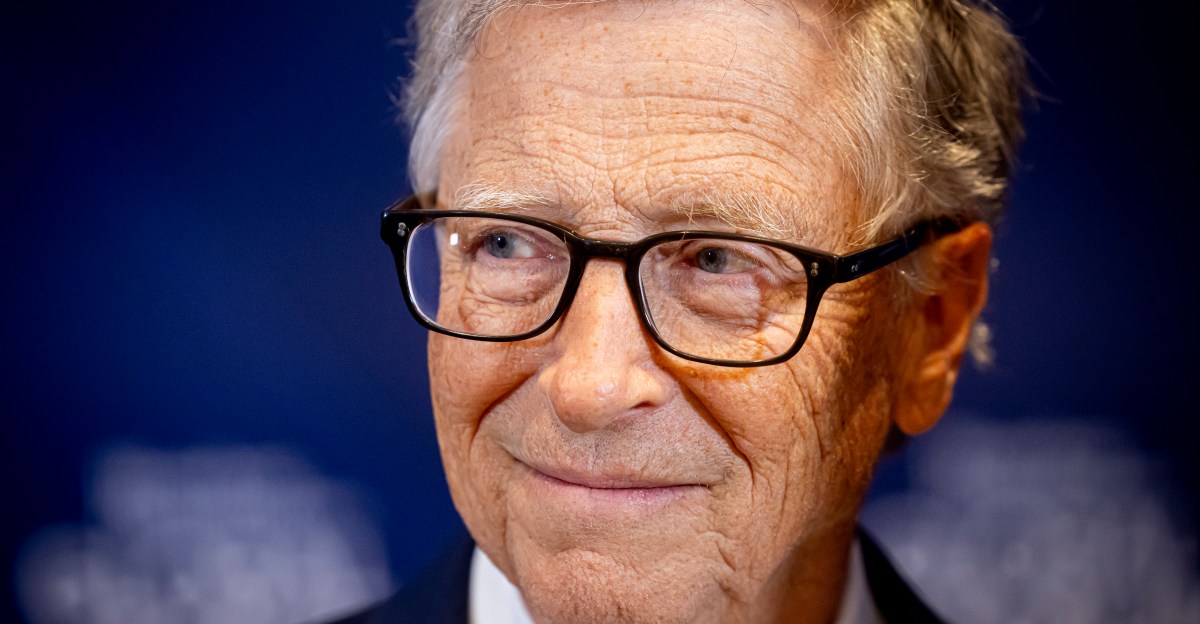


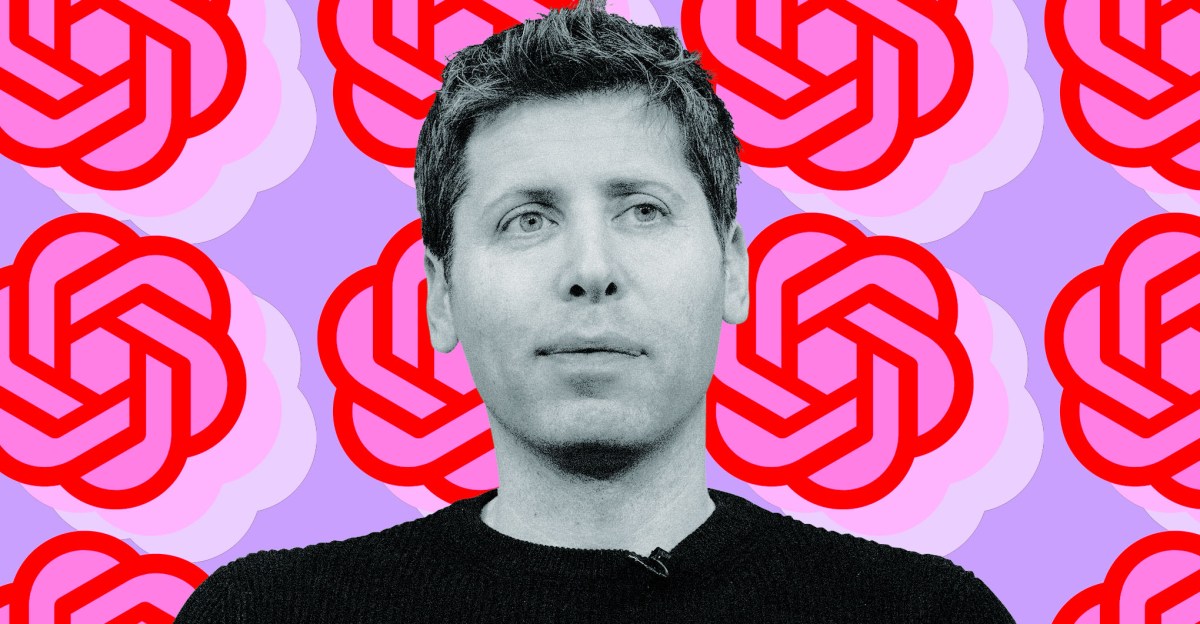


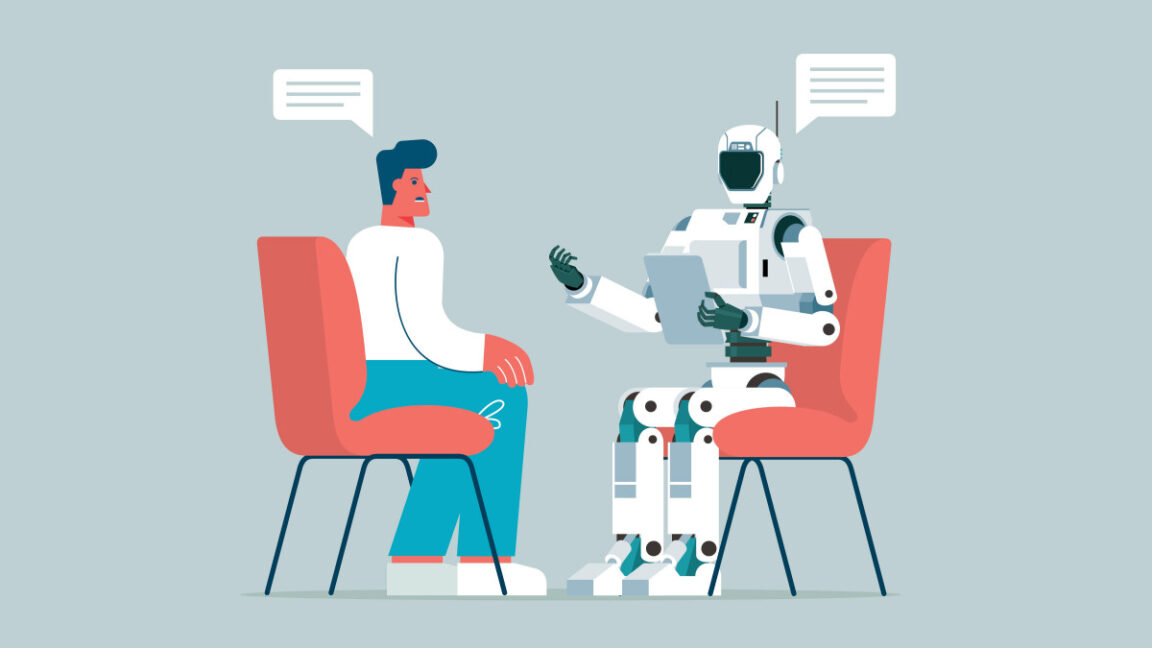
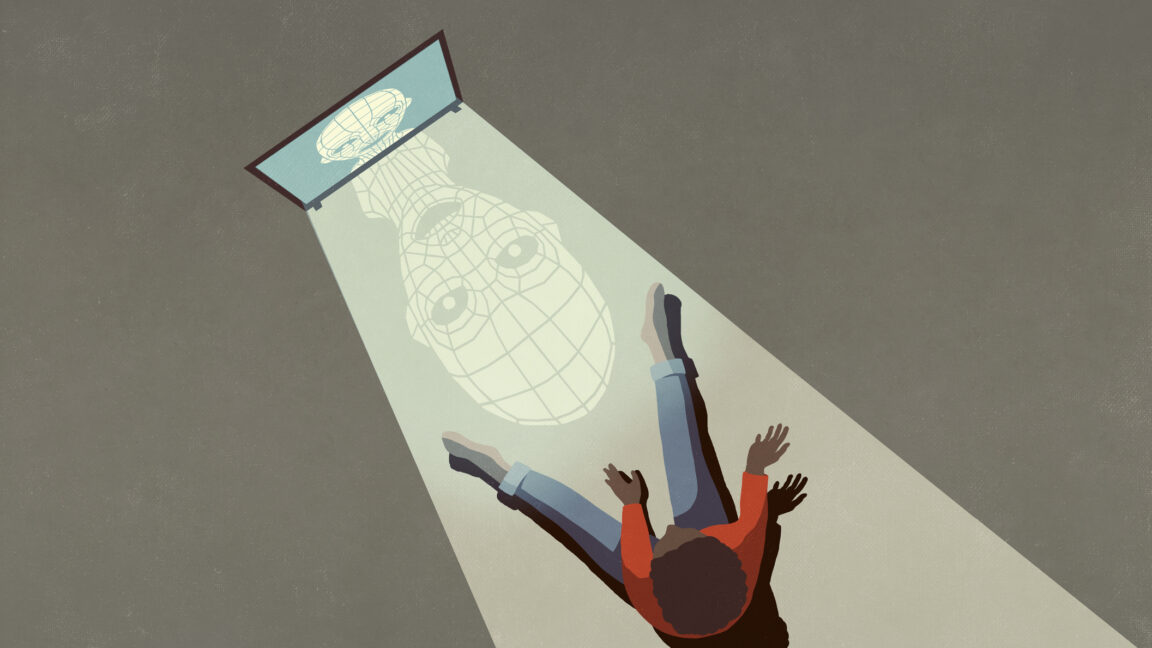

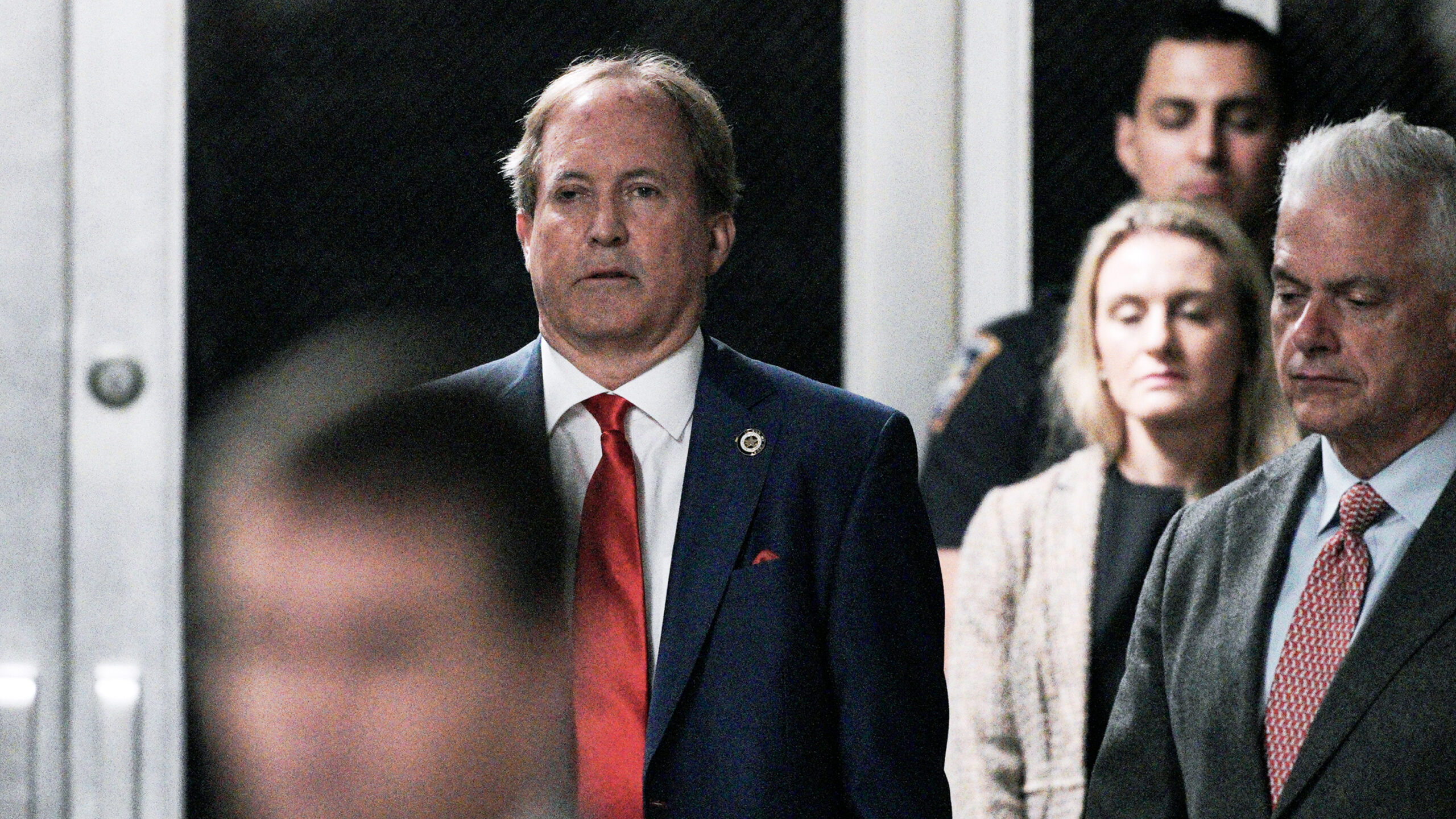

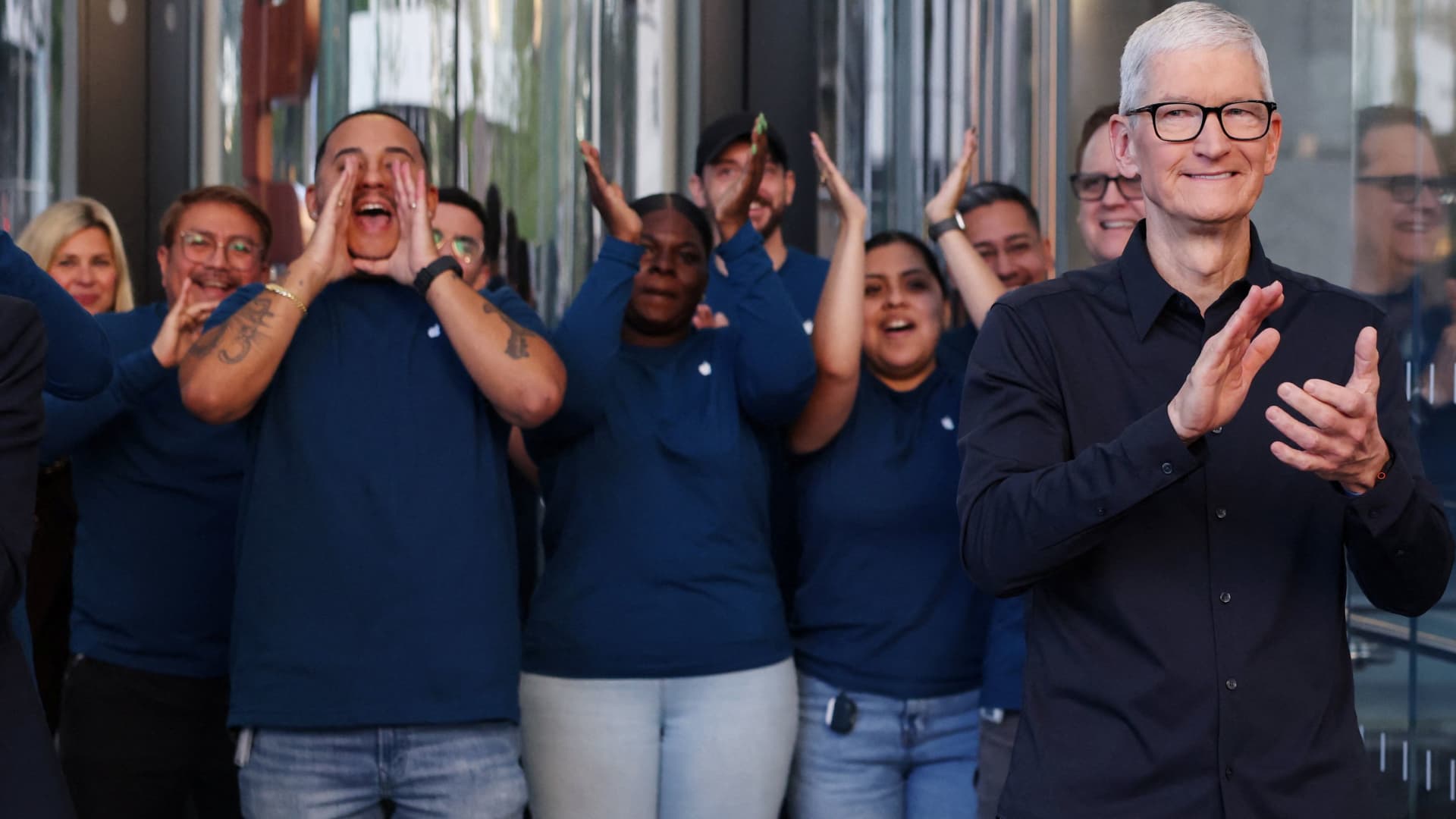
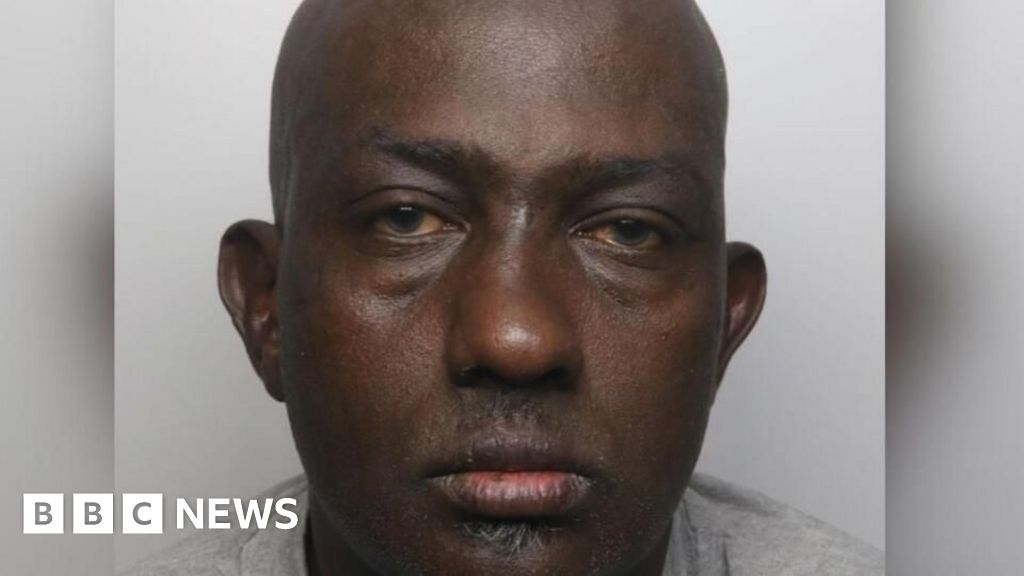
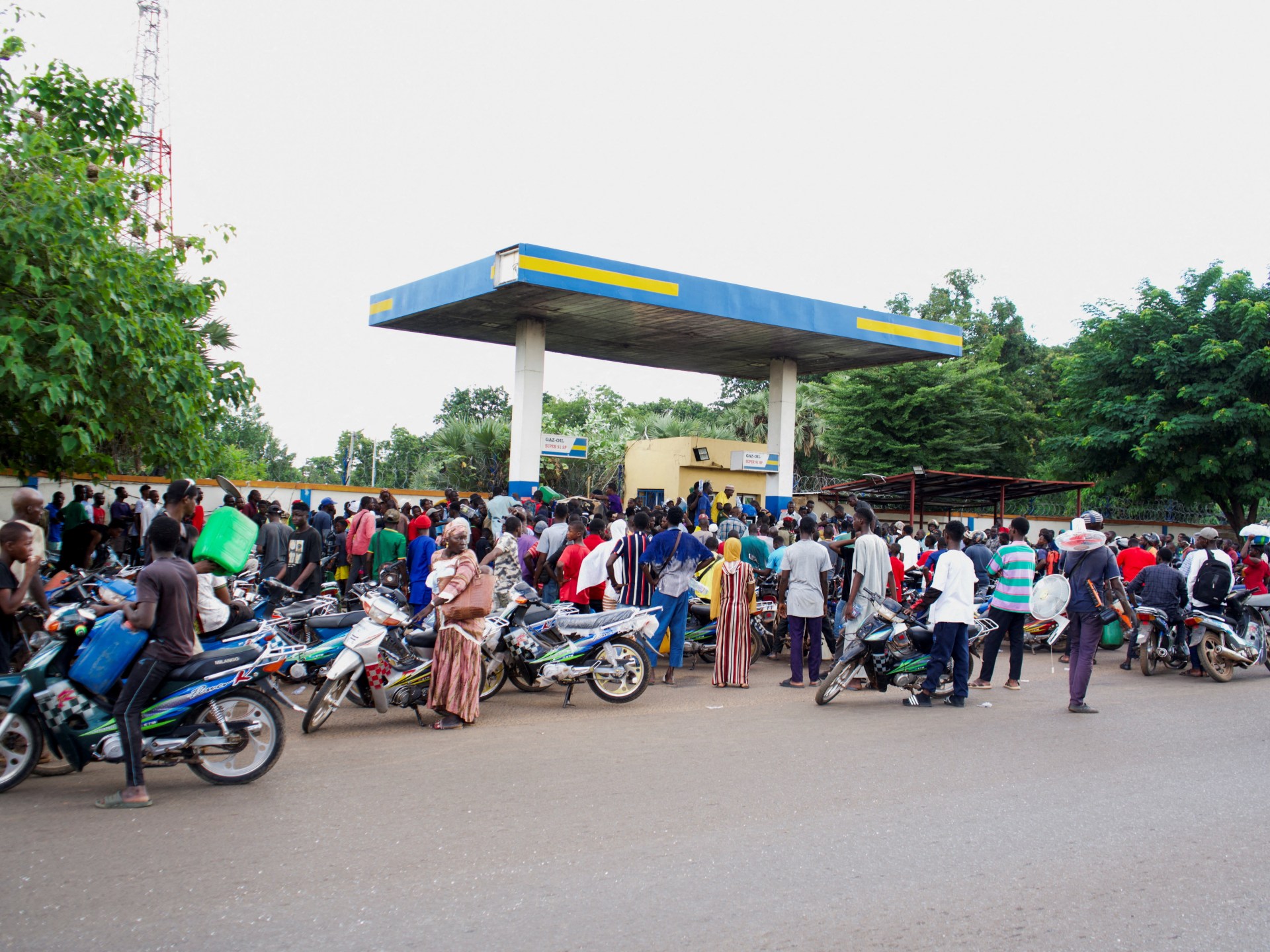
Leave a Reply